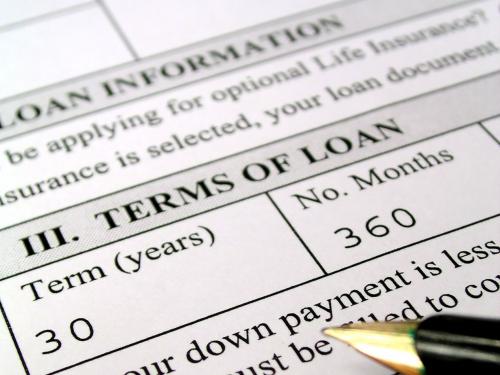I’ve been using ING Direct for my savings account since June. I have absolutely loved my experience with them so far. My interest rate has dipped a little from the original 3% to 2.7%, but it’s still much higher than any brick and mortar bank.
One of the reasons I decided not to open a checking account with ING is because I was so happy with my brick and mortar bank. We’ve been banking with Wachovia for a little over a year, and we’ve been equally happy with their service. Even though we could earn 1.5% APY with an ING checking account, I decided the peace of mind of banking with a brick and mortar bank was worth more to me than extra interest. I liked knowing that I could talk to someone in person at a local branch if necessary.
Now that Wachovia is being bought out by Wells Fargo, I’m reconsidering ING as our primary checking account. I have no reason to believe the quality of service will decrease with the transition, but I don’t know. More importantly, I’ve realized that I haven’t had a reason to speak with a teller for over a year. In fact, now that I work 9 to 5, the rare paper check deposits that I make are usually done at an ATM anyway.
ING Direct is fully FDIC-insured, so my money is in no more danger there than it is at Wachovia/Wells Fargo. The idea of earning a little interest on my checking account does appeal to me. So why am I so nervous about taking the plunge?
There’s certainly some security that comes with the ability to stop in at a local bank branch if necessary, but in this electonic age it’s rarely necessary. In fact, calling and speaking to a customer service representative on the phone during my lunch break at work would probably be more convenient for me than going into a branch.
If we decide to move again at some point in the future, it would be nice to have most of our money in a bank that will move with us.
I’m strongly considering opening an ING checking account for our primary banking and leaving our Wachovia account open only as a linked account. First I wanted to ask all of you about your experiences with ING checking. Has anybody had any problems with using ING as a primary checking account? Is moving money from your linked account to you ING account more trouble than it’s worth? How is their customer service?

